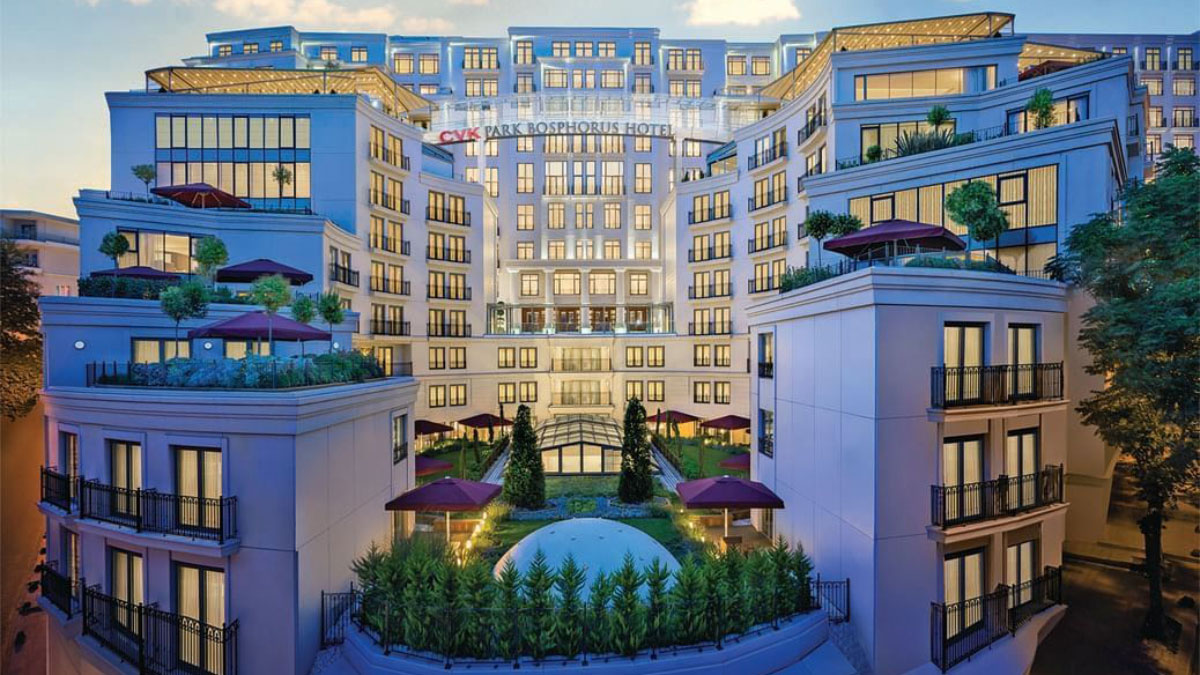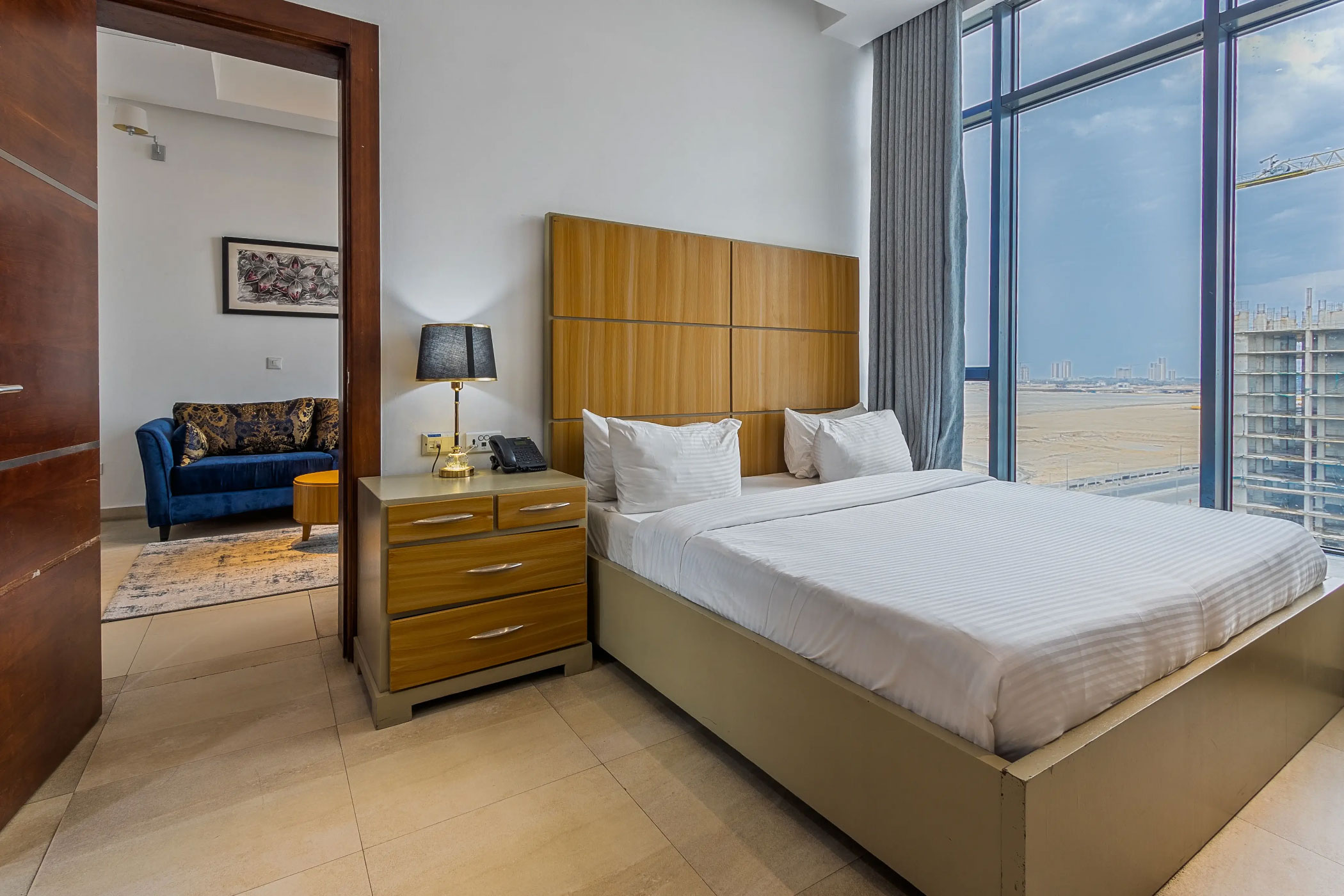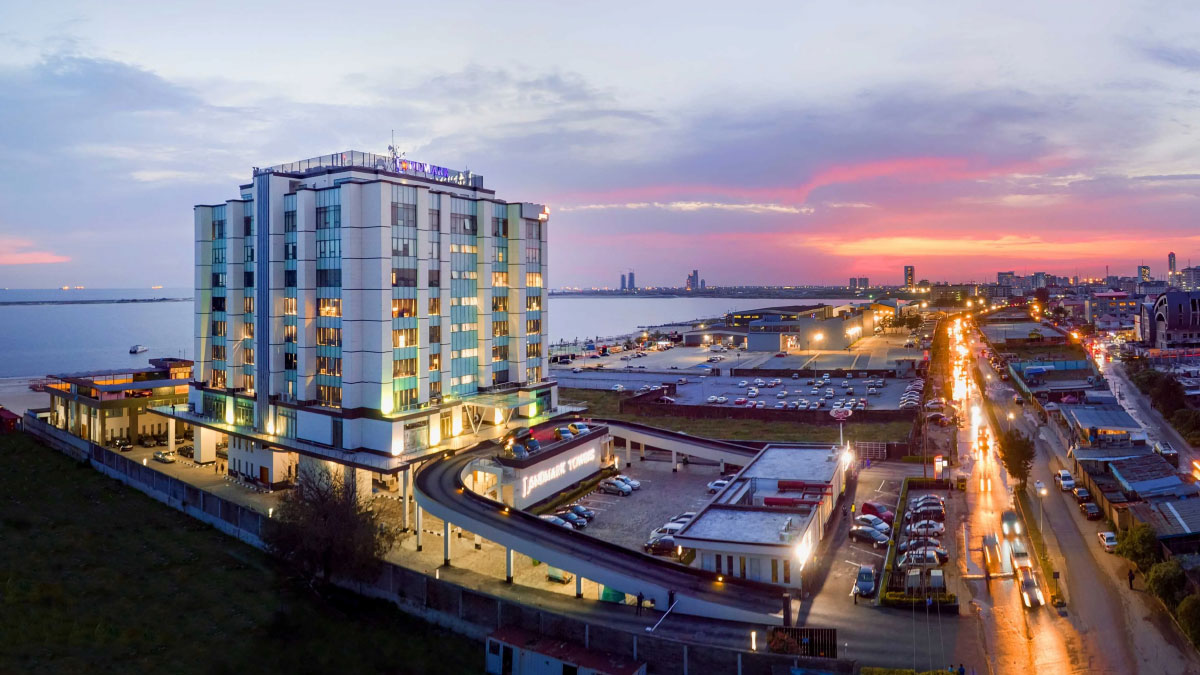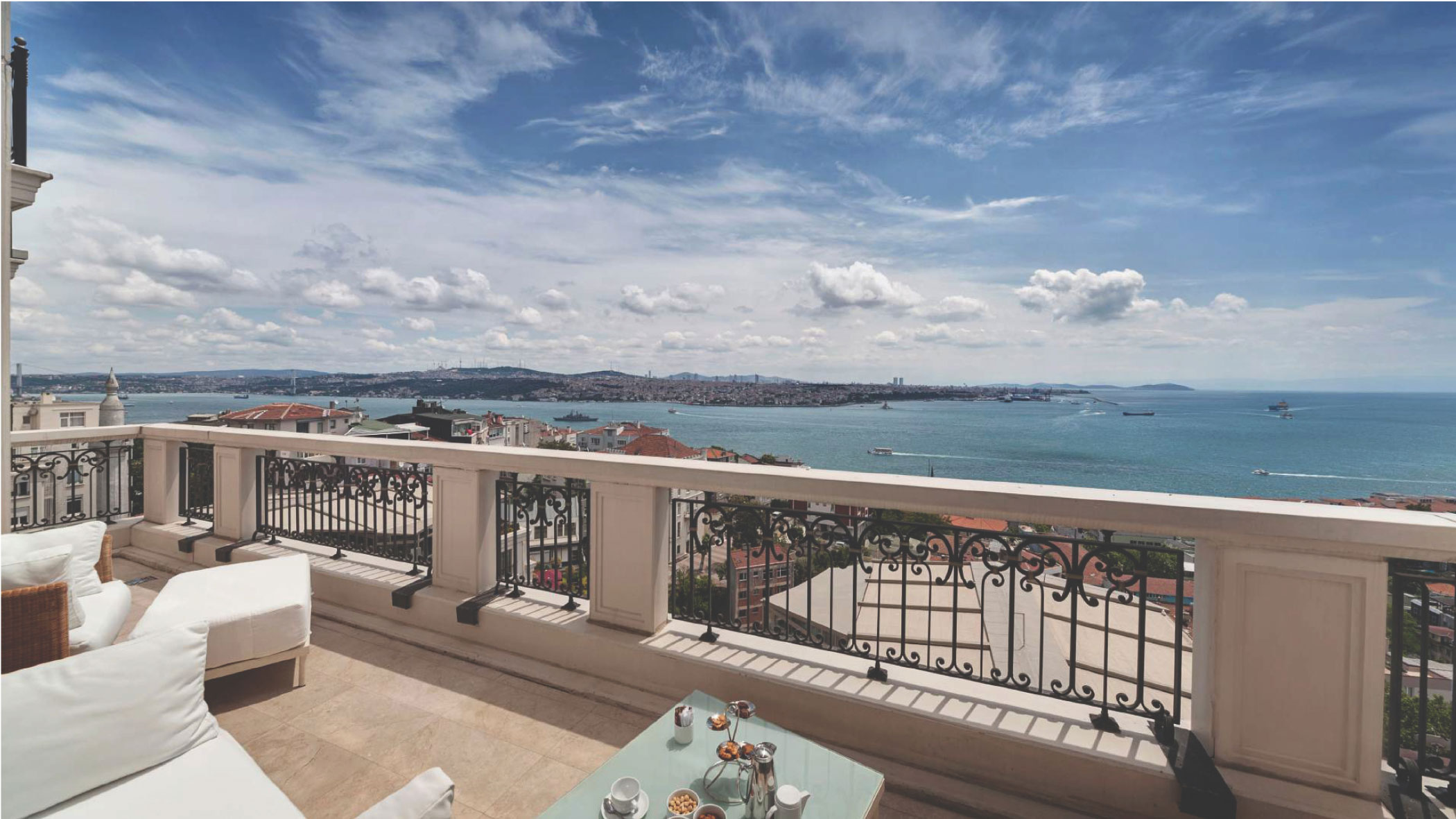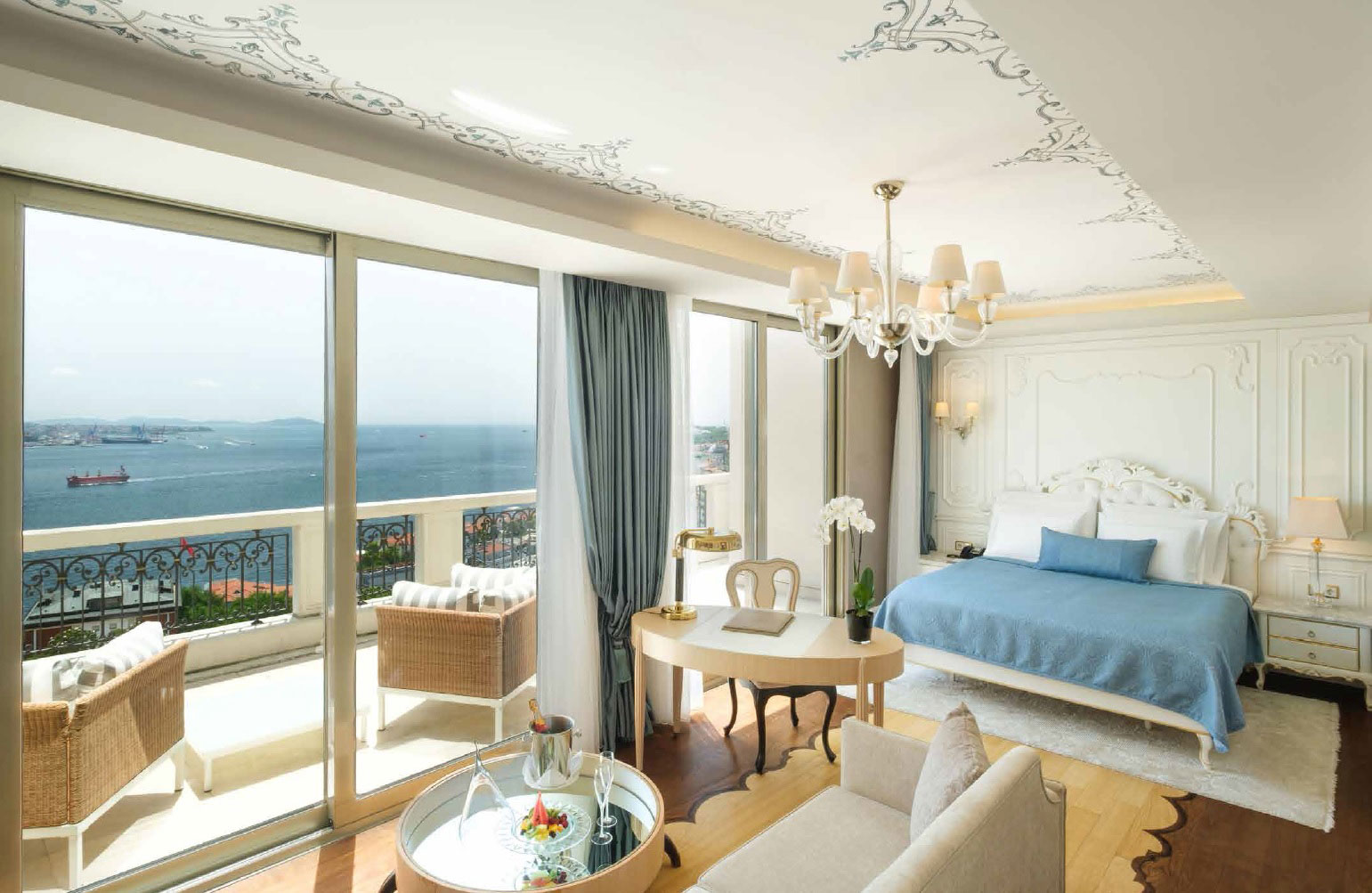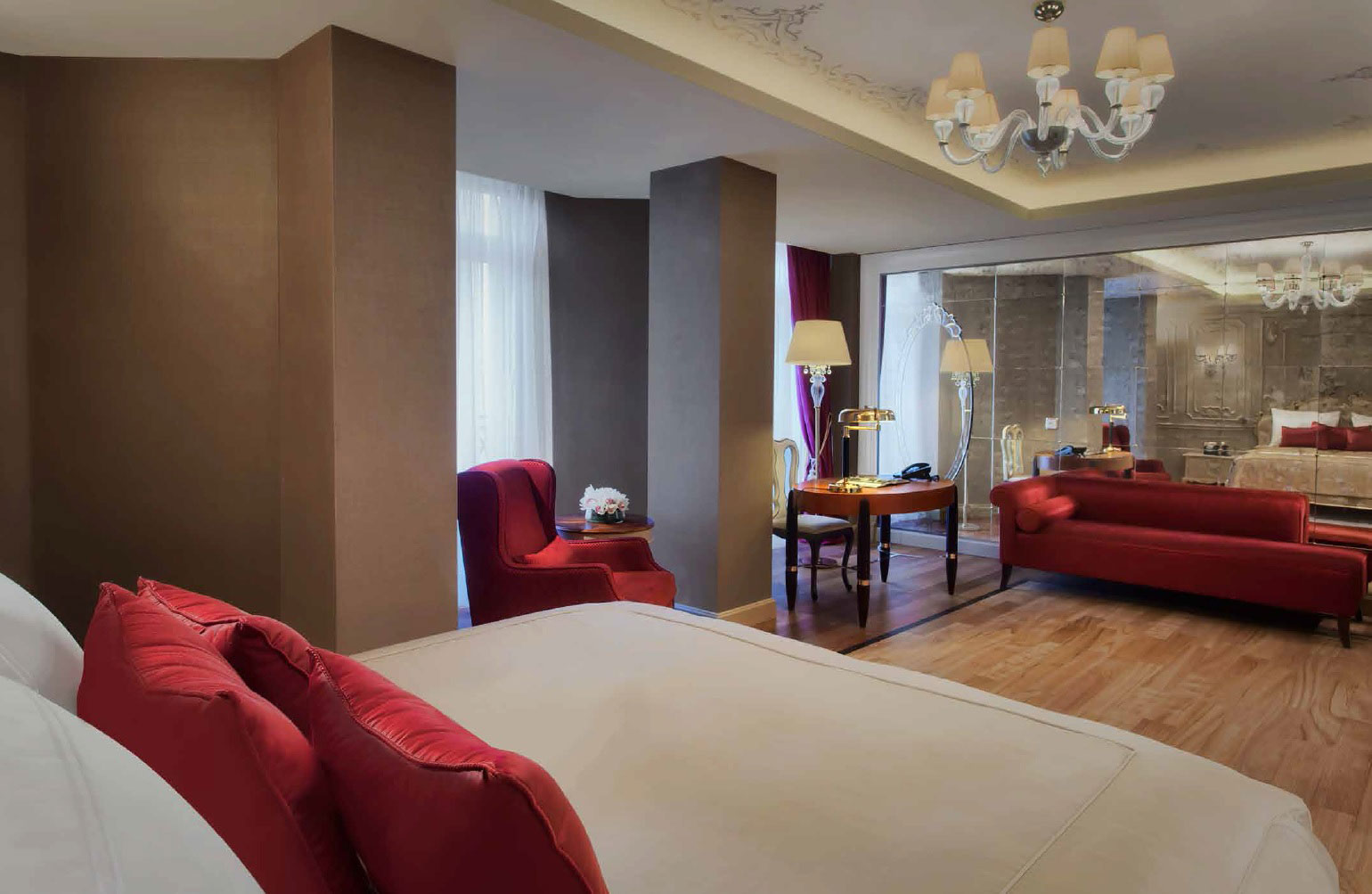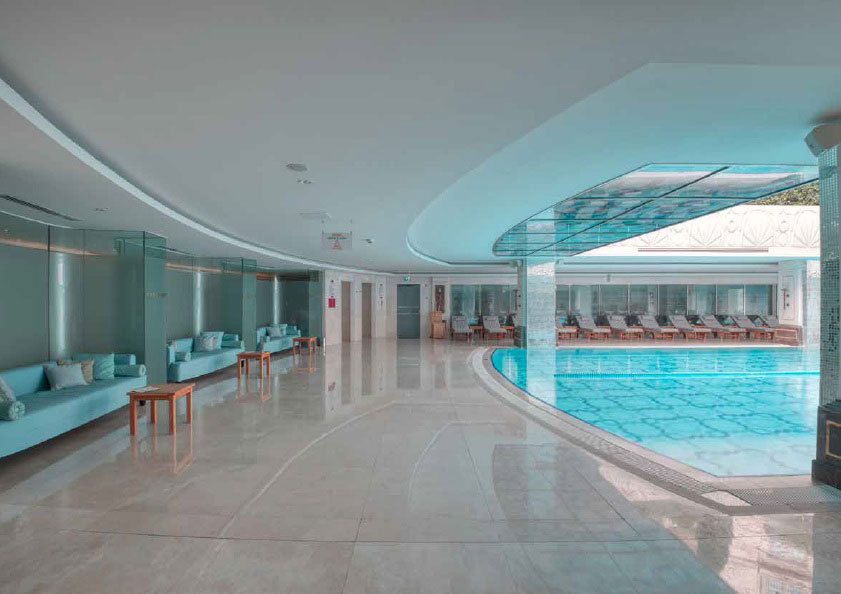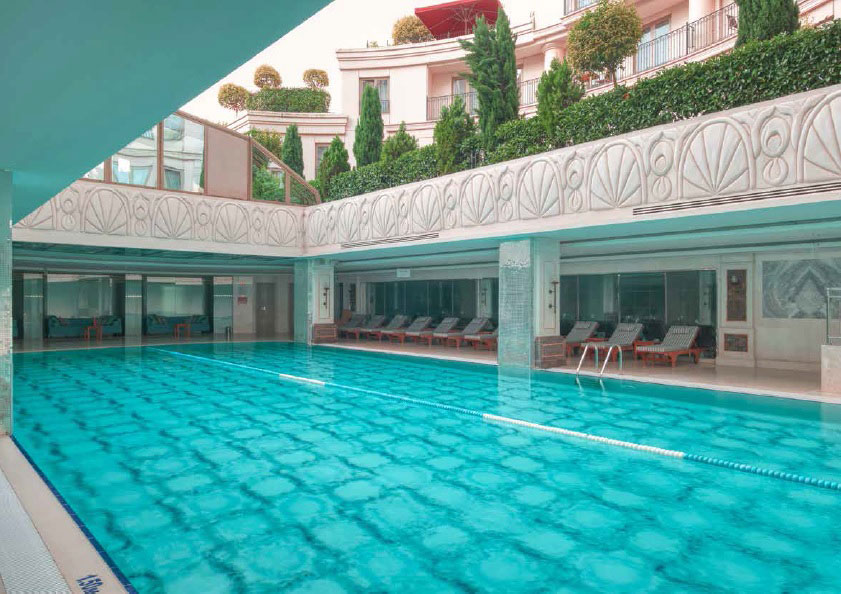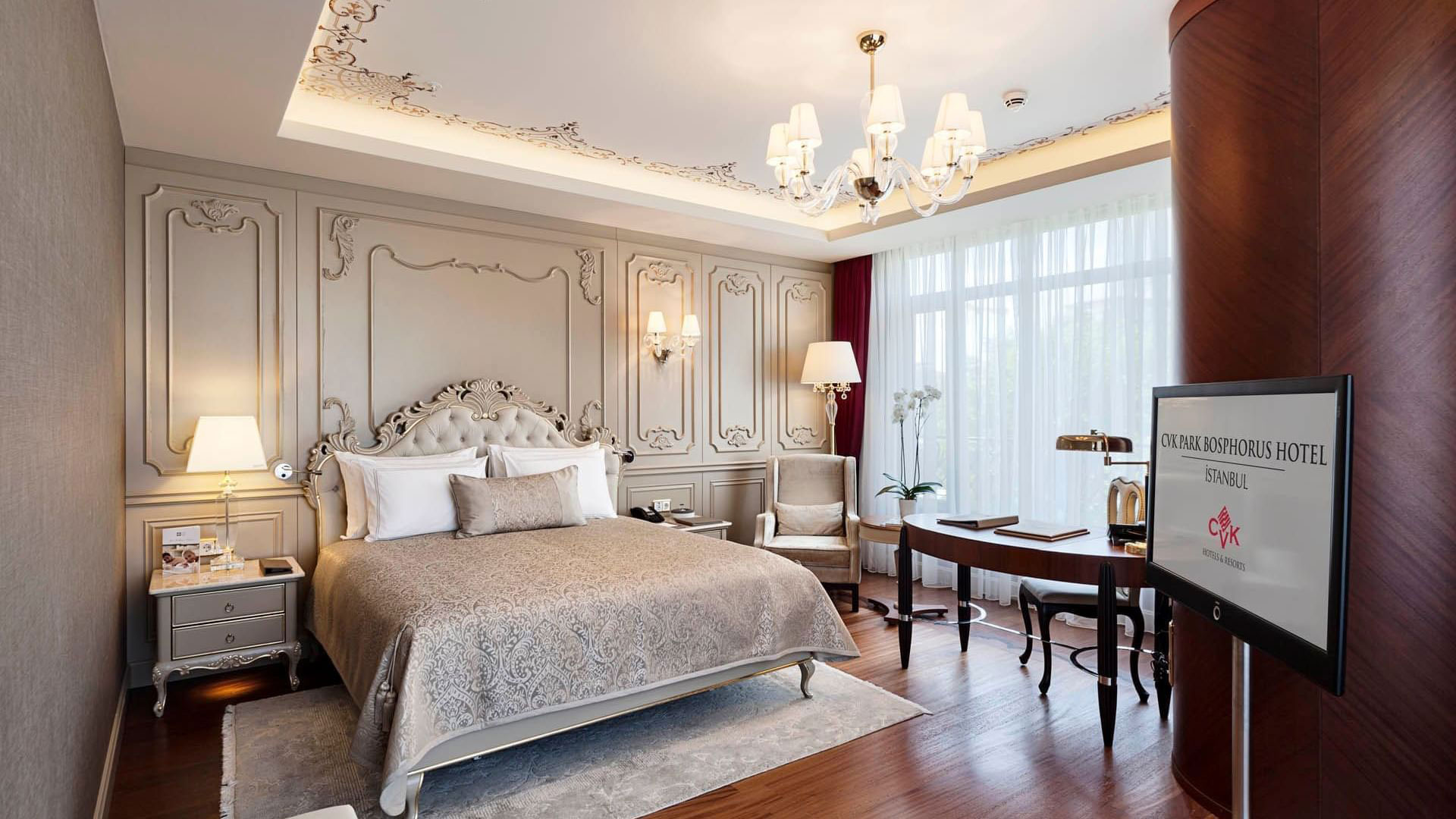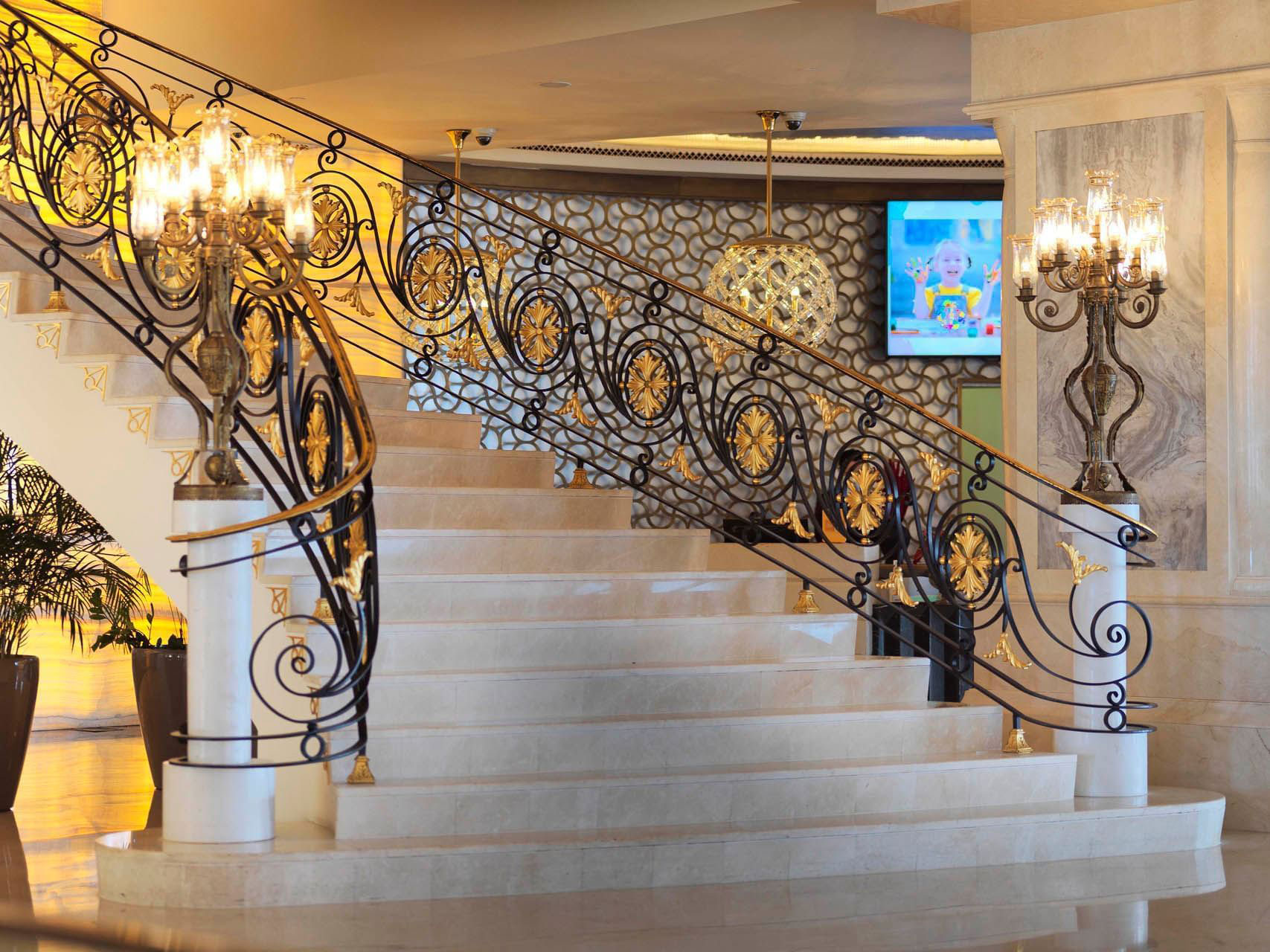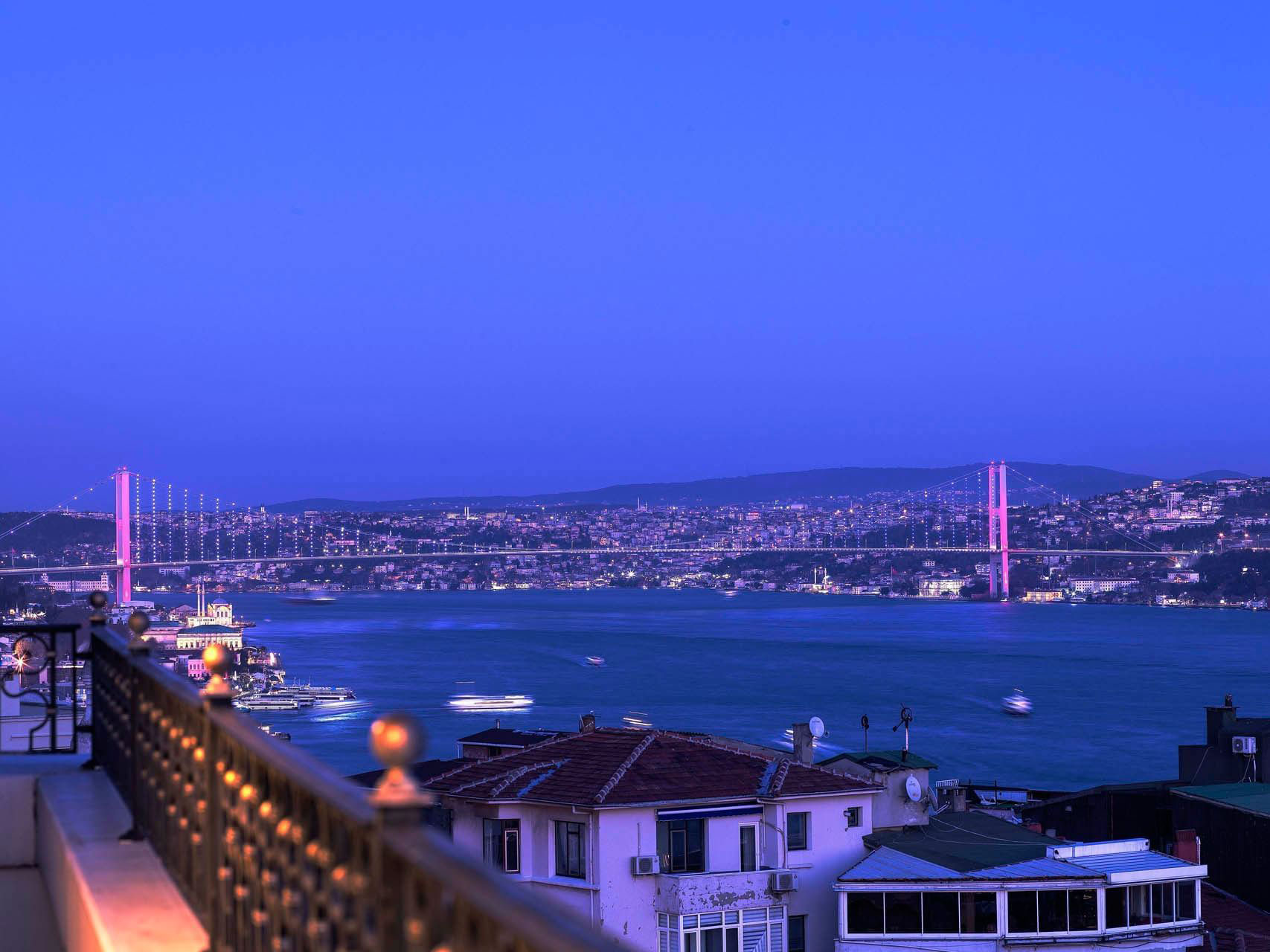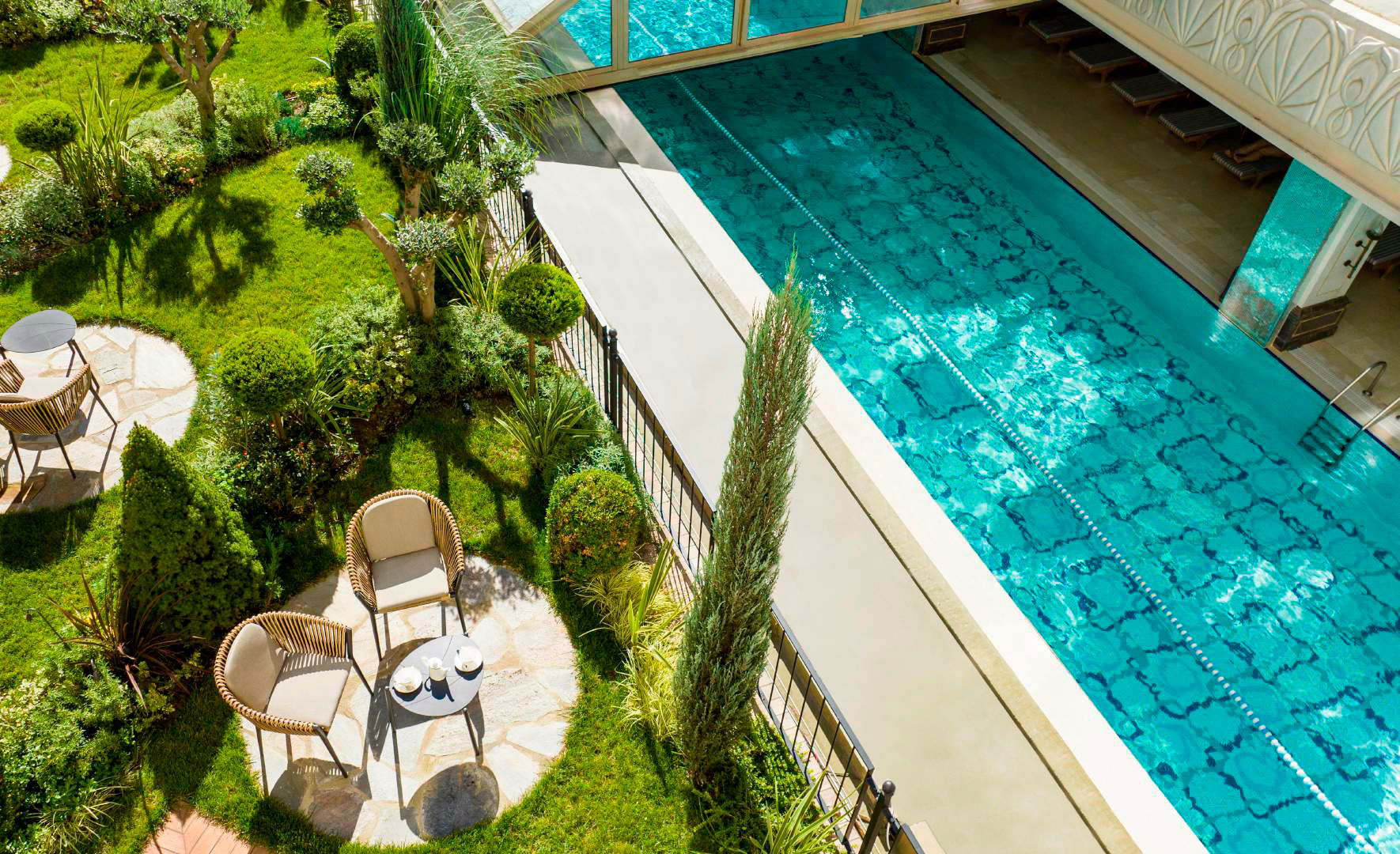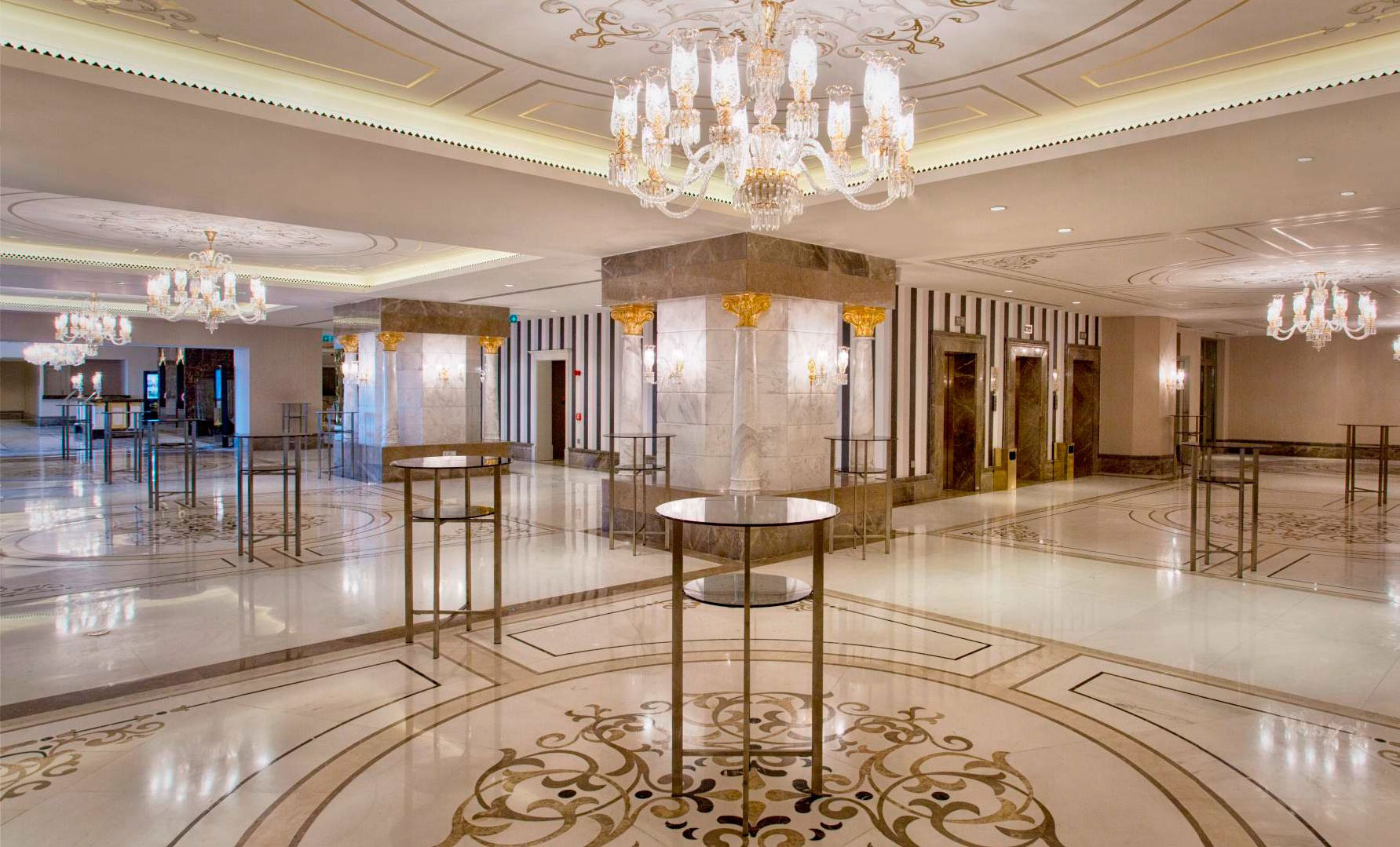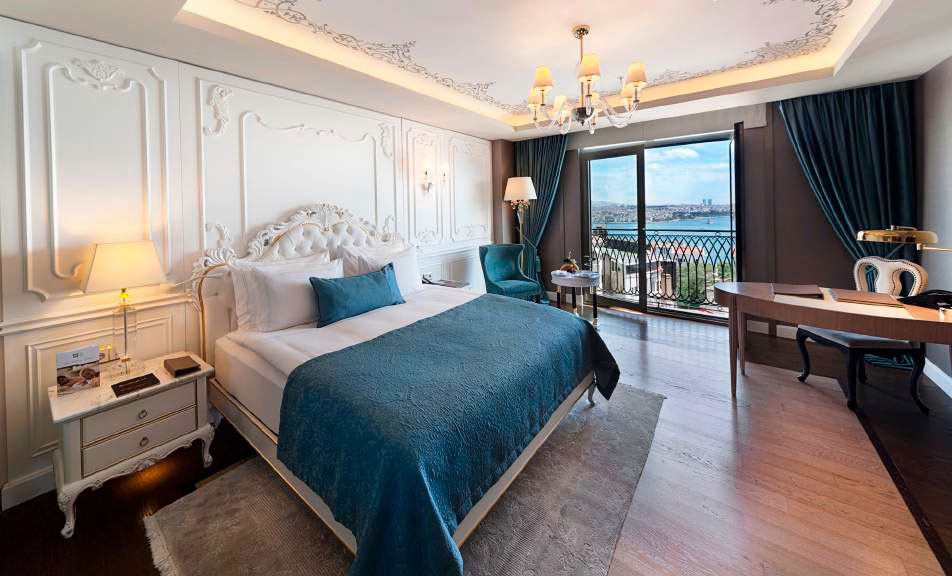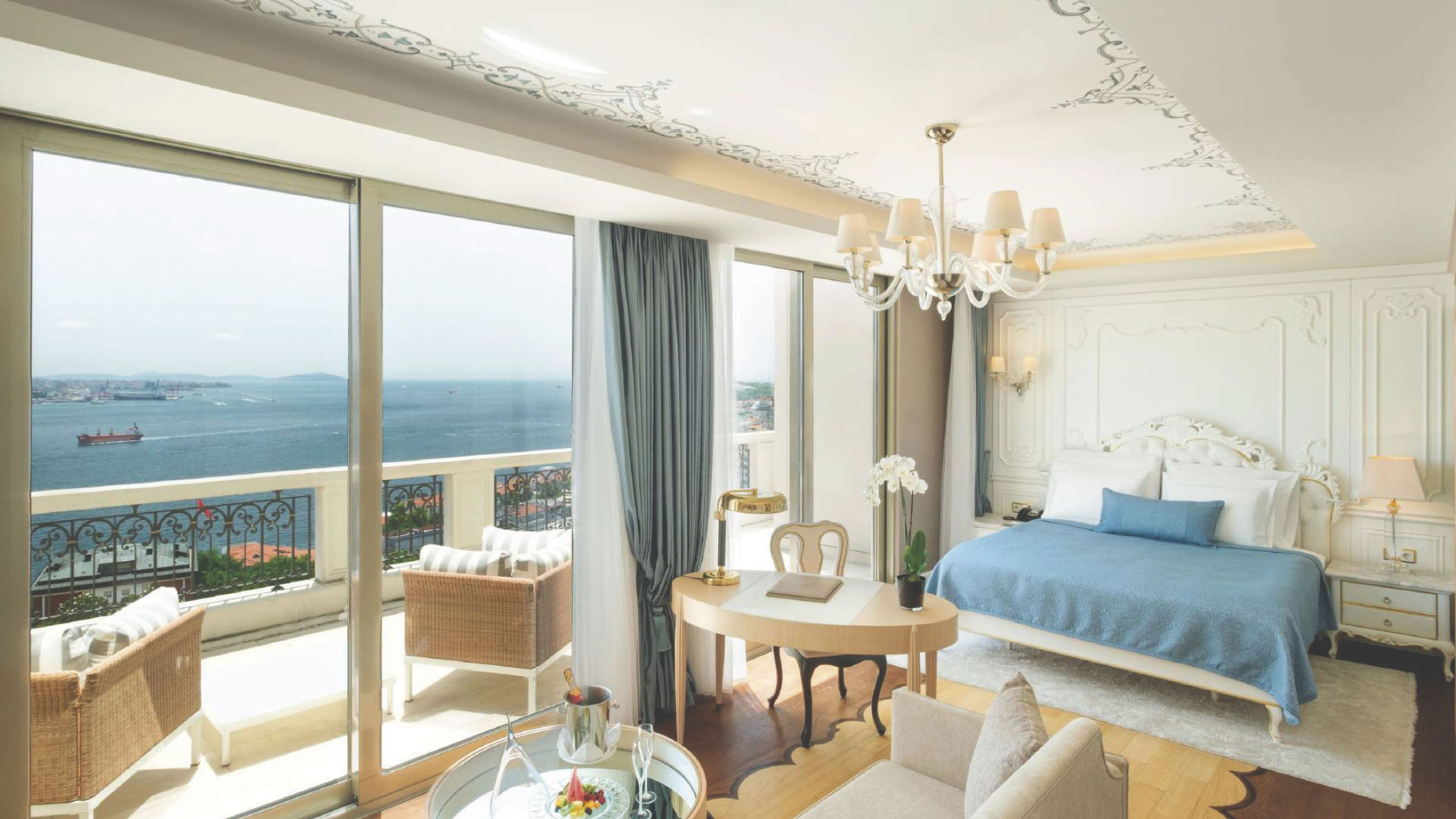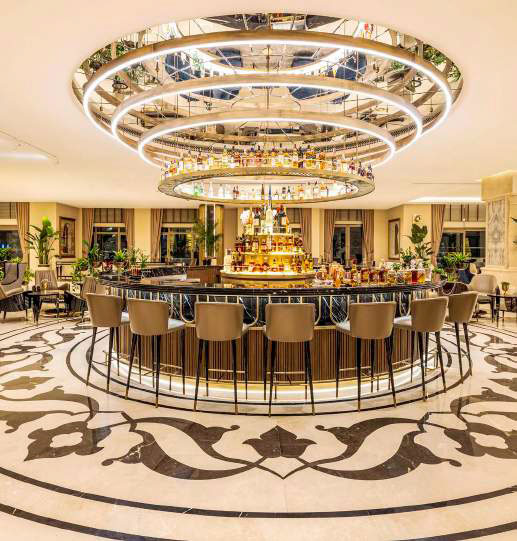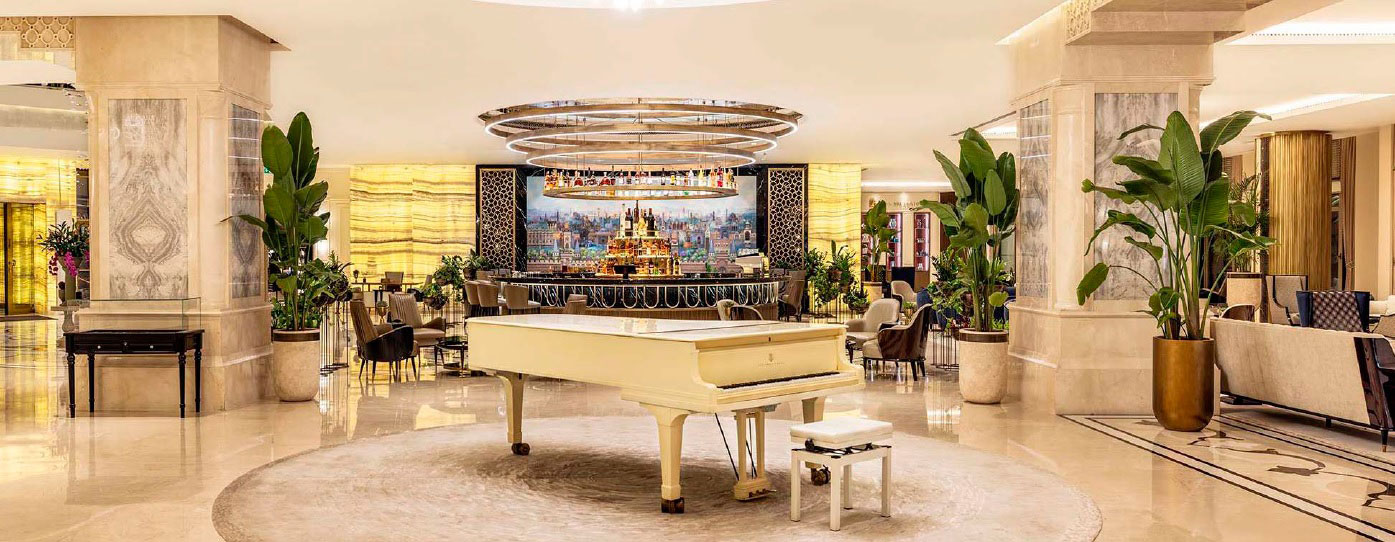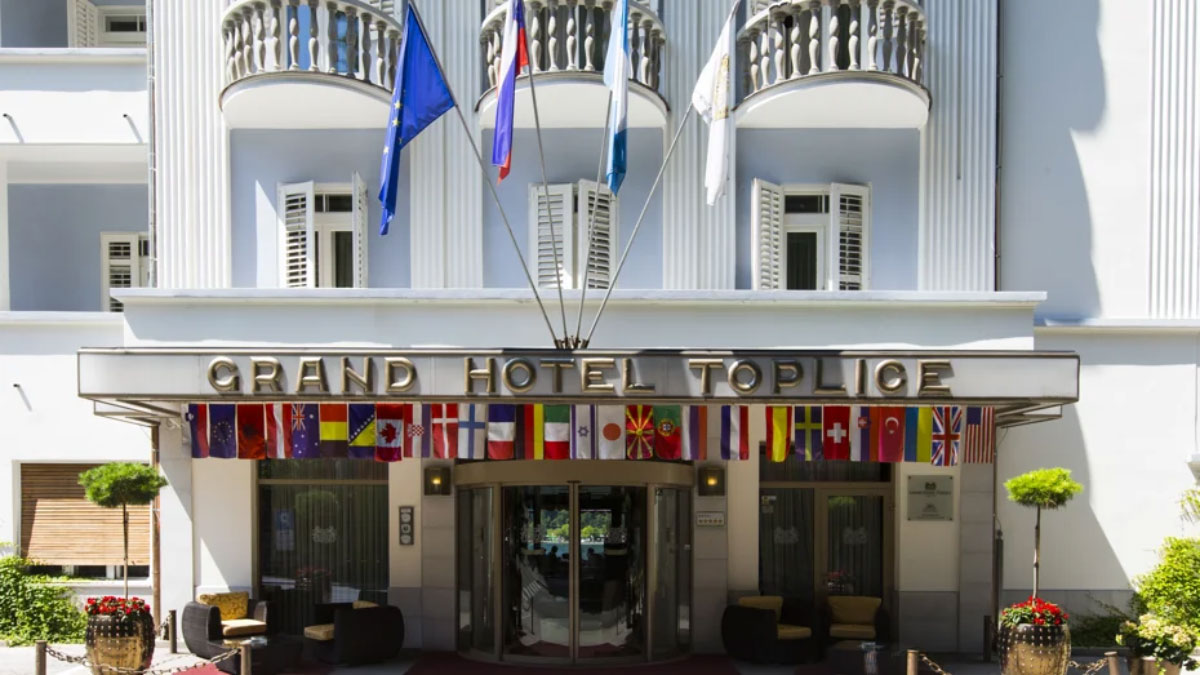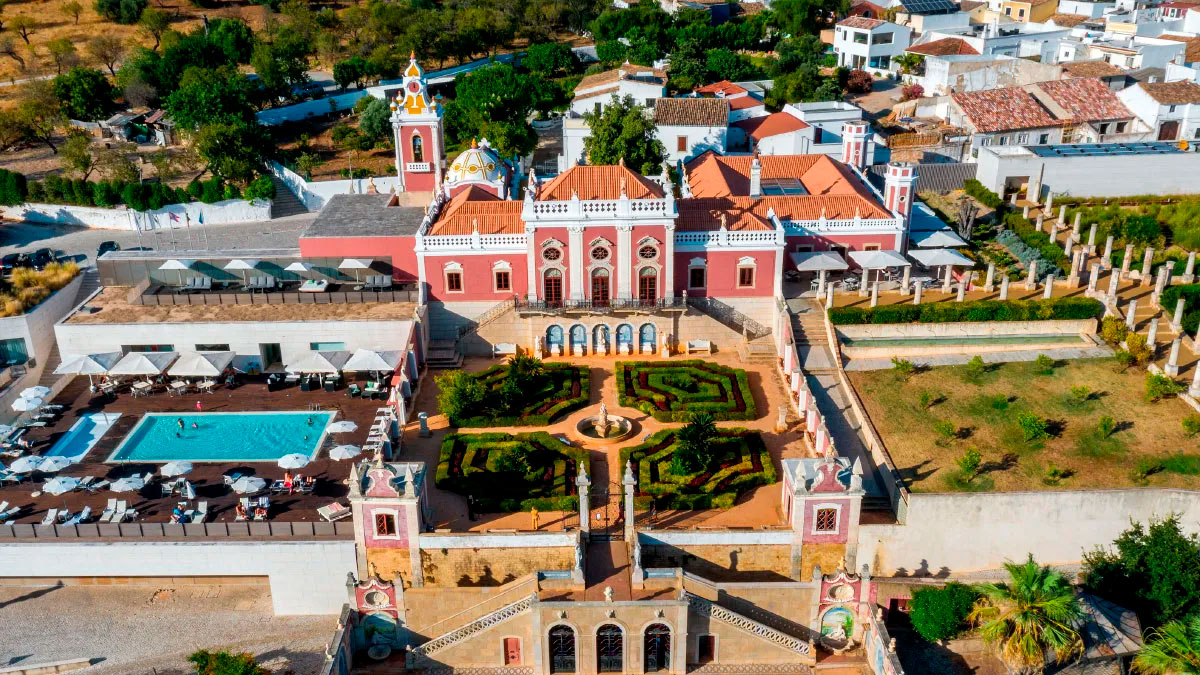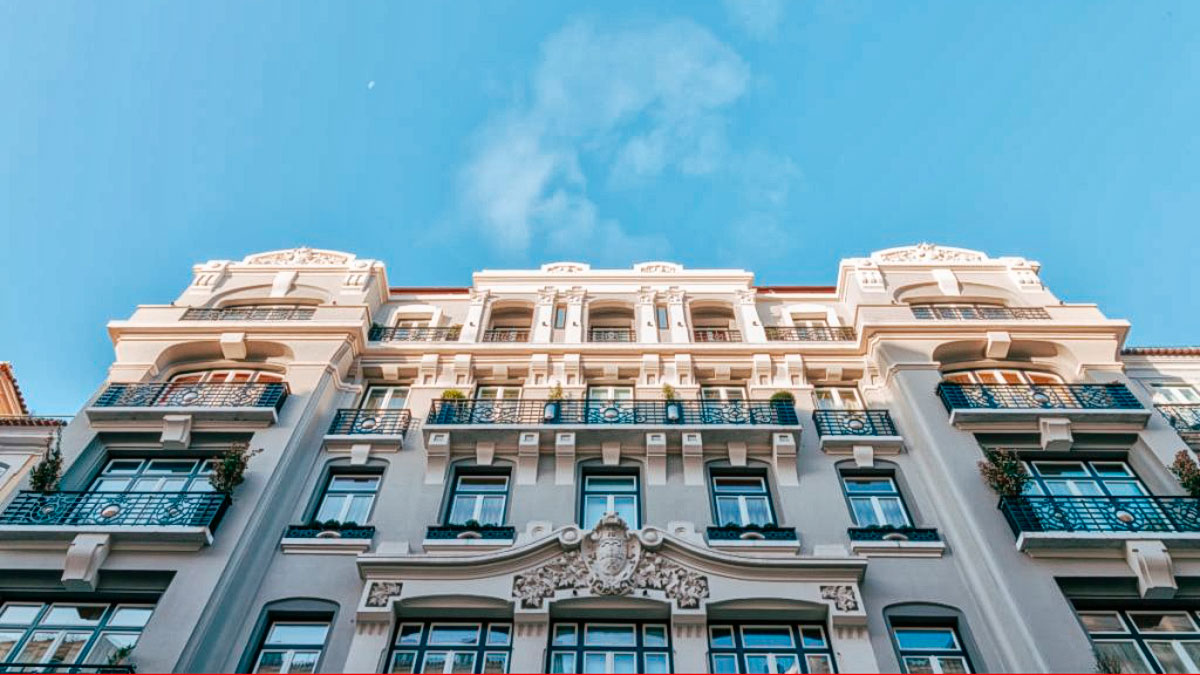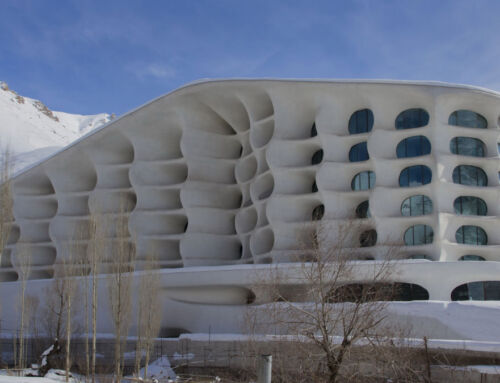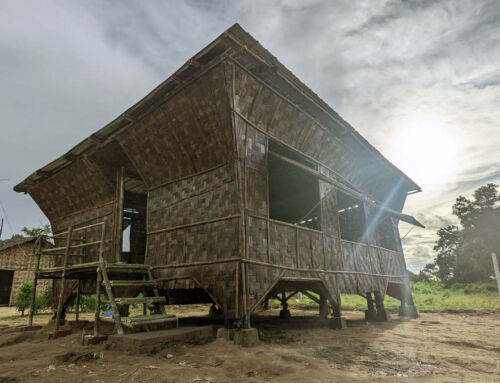On Gümüşsuyu Hill, with privileged views over the Golden Horn and the Bosphorus Strait in Istanbul, Turkey, stands the CVK Park Bosphorus Hotel, the culmination of more than a century of history, art and urban transformation. Its history began not as a hotel, but as a majestic 60-room mansion. As reflected in the establishment’s own historical documentation, Italian ambassador Baron Blanc built the first building at the end of the 19th century to serve as his country’s embassy on the site where the CVK Park Bosphorus Hotel Istanbul now stands.
In 1897, Sultan Abdülhamid II acquired the eclectic neoclassical mansion on behalf of the Ottoman Empire and designated it as the residence of Foreign Minister Ahmet Tevfik Pasha. It thus became the centre of Ottoman diplomacy and witnessed the first diplomatic balls and modern ceremonies—such as the wedding of Tevfik Pasha’s son, the first in Ottoman society to be celebrated together by men and women—that were beginning to flourish in Istanbul at the time.
After its time as an official residence, Tevfik Pasha’s Swedish wife, Elisabeth Tschumi, had the idea of converting the mansion into a hotel. Named “Miramare”, or “the most beautiful sea view”, it opened its doors in 1930. Under the management of restaurateur Aram Hıdır and following continuous investment, the hotel, renamed Park Hotel, grew from its initial 24 rooms to 213 in the 1950s. It was therefore recognised as the largest accommodation in Turkey until 1960. In its restaurant, patisserie and bar, Istanbul society experienced the rhythms of Western life for the first time, with dances and new culinary customs.
The current architecture of the CVK Park Bosphorus Hotel is a conscious dialogue between that past and a present of contemporary luxury. According to the hotel, the building “reflects the essence of Ottoman architecture, blending modern and classical approaches”. Its tribute to history is embodied in a particular narrative gesture: the fact that each floor is named in honour of the “sultanas” who left their mark on the Ottoman Empire; at the same time, costumes from different historical periods are displayed in its corridors.
In the 1930s, the Park Hotel had the honour of welcoming Mustafa Kemal Atatürk, founder and leader of the Turkish Republic. In fact, Atatürk hosted a splendid dinner at the hotel for King Edward VIII of England. Another regular guest was the Prime Minister of Turkey, Adnan Menderes, who referred to it as his “second home”. But if one name is inextricably linked to the hotel, it is that of the poet Yahya Kemal, who lived there for the last 16 years of his life. His room, converted into a literary salon, attracted the brightest minds of the time.
After Aram Hıdır was forced to close the hotel in 1979, having lost some of his guests to the construction of numerous hotels in Istanbul, often more comfortable and affordable, and following a period of failed projects and urban planning disputes, the site of the iconic hotel seemed doomed to remain a scar on the city’s skyline. However, the acquisition of the property by the CVK Group in 2010 marked the beginning of its rebirth.
The new project was approached with deep respect for its past; floors that exceeded skyline protection regulations were demolished, and a hotel was designed to blend sensitively into the urban landscape. To honour the memory of the place and preserve its eternal link with the poetry of Yahya Kemal Beyatlı, a library was created in his name.
Today, the CVK Park Bosphorus Hotel, with its 378 rooms and 60 residences, represents an exceptional case study for the hotel industry: it demonstrates how historical narrative, architectural integration and the celebration of cultural heritage transform a property into a memorable immersive experience. The soul of the old Park Hotel continues to beat, with modern elegance, on the European shore of the Bosphorus.
Sources: CVK Park Bosphorus Hotel, Wikipedia.
Images: CVK Park Bosphorus Hotel.


